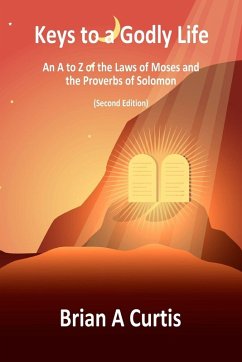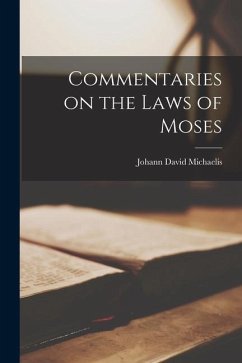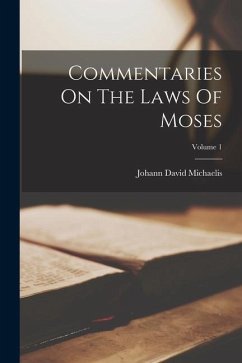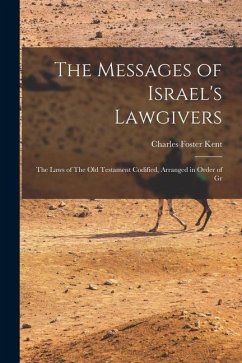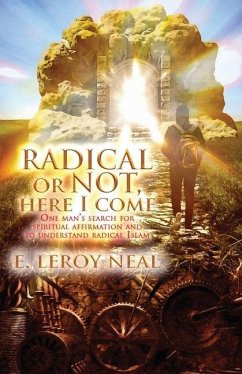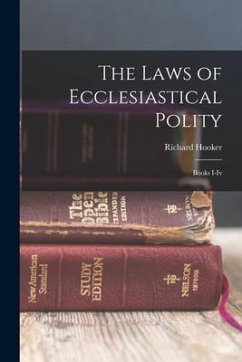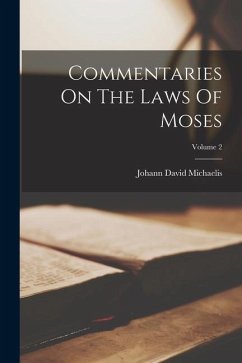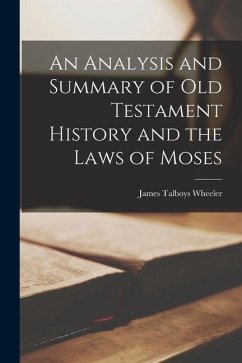
Radical Thinking
16 Studies on the Laws of Moses
Versandkostenfrei!
Versandfertig in 1-2 Wochen
10,99 €
inkl. MwSt.

PAYBACK Punkte
5 °P sammeln!
Today's laws are very different from the Laws of Moses. So, for Christians, there is a constant need to unpeel the layers of history that have added and subtracted, and even distorted God's laws. For while Christians may be saved by faith, not works, God's laws should not be totally forgotten. The aim of these studies, then, is to show how meaningful and relevant the Laws of Moses are to believers in the twenty-first century. The sixteen studies provide a snapshot of the kind of God that Christians believe in and the kind of behaviour that he expects from his people. They are divided, thematic...
Today's laws are very different from the Laws of Moses. So, for Christians, there is a constant need to unpeel the layers of history that have added and subtracted, and even distorted God's laws. For while Christians may be saved by faith, not works, God's laws should not be totally forgotten. The aim of these studies, then, is to show how meaningful and relevant the Laws of Moses are to believers in the twenty-first century. The sixteen studies provide a snapshot of the kind of God that Christians believe in and the kind of behaviour that he expects from his people. They are divided, thematically, into four blocks of four, to assist those who would prefer to tackle the subject in smaller bites.



